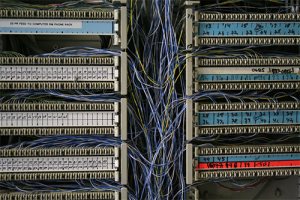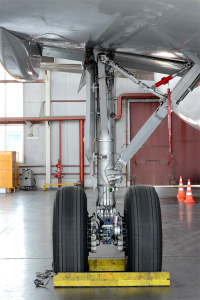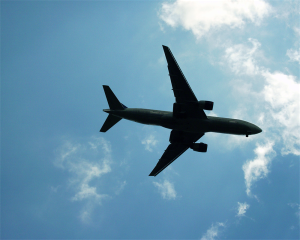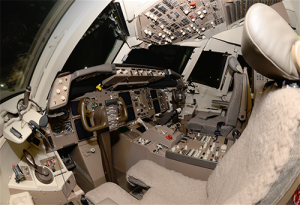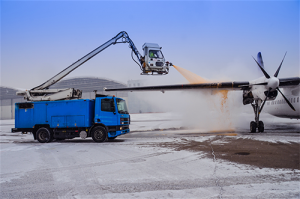For over 25 years, The Radian Compliance team has been helping clients obtain and maintain compliance and/or certification with standards and regulations.
Over time, we have built a team of leading experts in Information Security, Physical Security, Service Management, Risk Management, Business Continuity, ITAR Compliance and Inspection Services. We support multiple ISO standards as well as frameworks for CMMI, SSAE 18 and FedRAMP.
We support our client’s initiatives with Assessment, Implementation, Internal Audit and Education.
Information Security
Our Information Security practice is centered around ISO 27001:2013, NIST Information Security Requirements (800-53, 171, Cyber) and COBiT. We support client requirements for certification and compliance to one or many of these standards. Whether you are a government contractor with a requirement to support ISO 27001 or a Cloud supplier required to show compliance to customers, we can help support and sustain these requirements.
Private Security
A specialized subset of Radian Consultants that have extensive experience with Private Security, support our program under PSC.1 and ISO 18788 for Private Security. Our team is comprised with experts in Human Rights as well as experienced former military personnel. Our program lead contributed to the PSC family of standards and is listed as one of the authors.
Business Continuity
Our team is highly skilled in all aspects of Business Continuity and have real-world experiences in ensuring plans are relevant and tested. Our practice supports a variety of standards including ISO 22301 and ASIS – SPC.1. Our program lead contributed to the SPC family of standards and is listed as one of the authors.
Service and Quality Management
At the core of our expertise are the skilled consultants who are expert in Service Management under ISO 20000-1:2018 and Quality Management under ISO 9001:2015. Any of our team members can support a client’s initiatives with implementing a management system that works for their business and meets customer demands.





